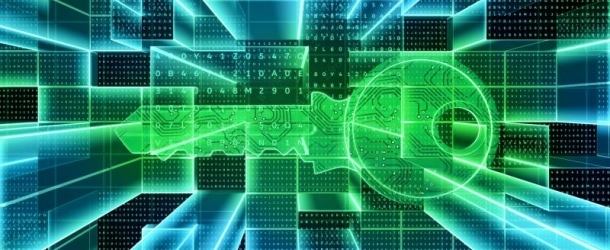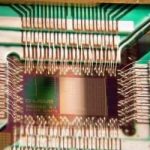Professor Pruneri Developing Variant of QKD that Works with Conventional Telecommunications Technology

(Phys.org) Quantum computers pose a big threat to the security of modern communications, deciphering cryptographic codes that would take regular computers forever to crack. But drawing on the properties of quantum behaviour could also provide a route to truly secure cryptography. Defense, finance, social networking—communications everywhere rely on cryptographic security.
“The problem already exists,” said Professor Valerio Pruneri of the Institute of Photonic Sciences in Barcelona, Spain, and the coordinator of a quantum security project called CiViQ. “A hacker can take what is stored now, and break its key at a later date.” The answer, says Prof. Pruneri, is another quantum technology. Known as quantum key distribution (QKD), it is a set of rules for encrypting information—known as a cryptography protocol—that is almost impossible to crack, even by quantum computers.
In his CiViQ project, Prof. Pruneri and his team are developing a variant of QKD that works with conventional telecommunications technology. Prof. Pruneri’s hope is to create highly secure communication systems up to 100 km in size suitable for governmental, finance, medical and other high-risk sectors within cities. It could even be used by everyday consumers, although Prof. Pruneri says that QKD currently reaches shorter distances and lower speed than regular communication.



















